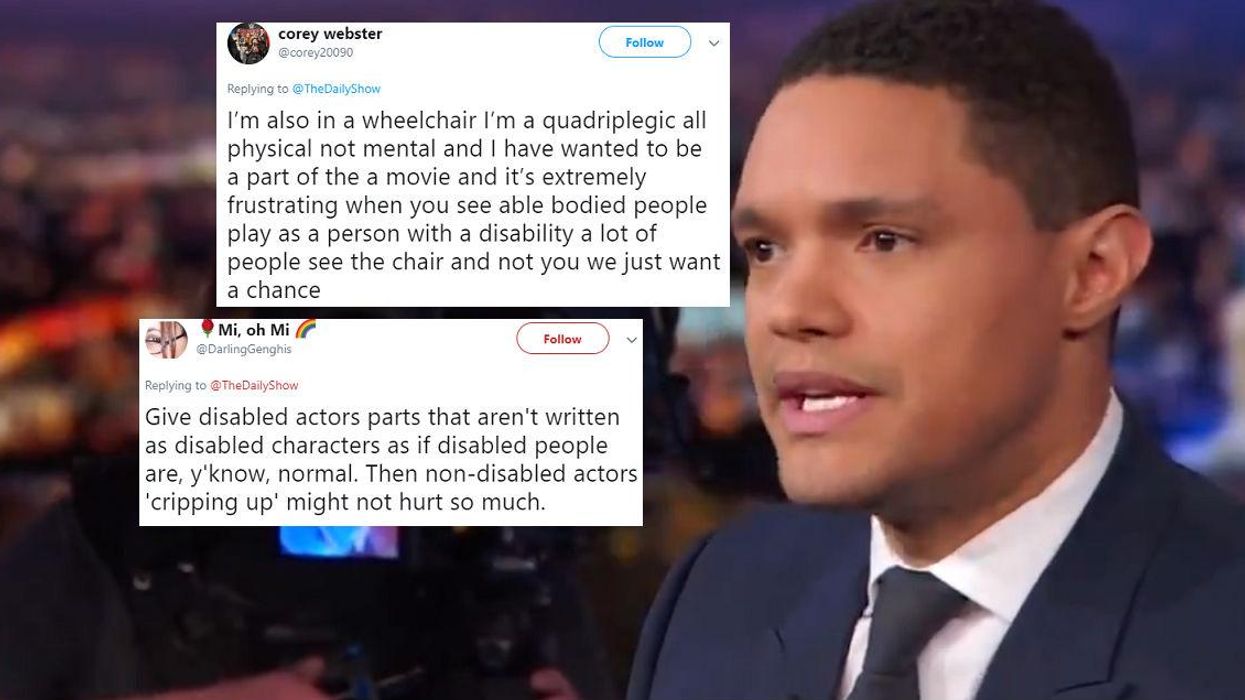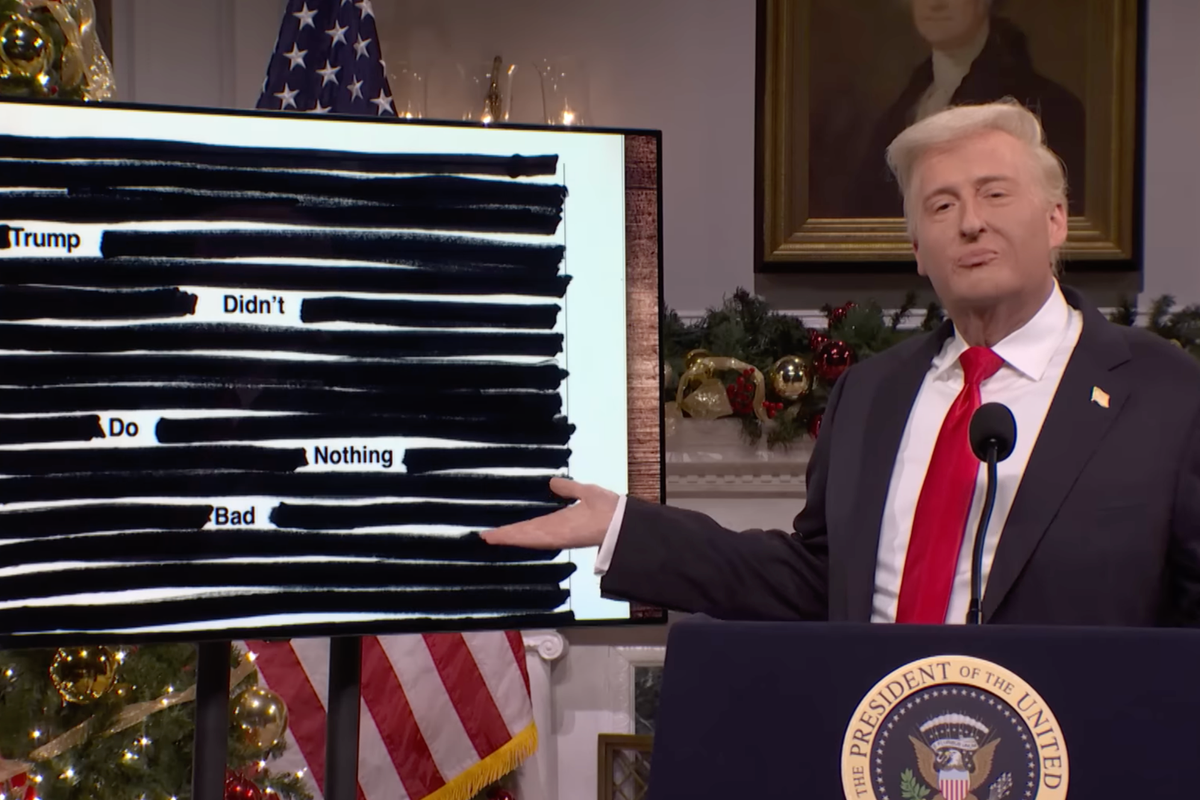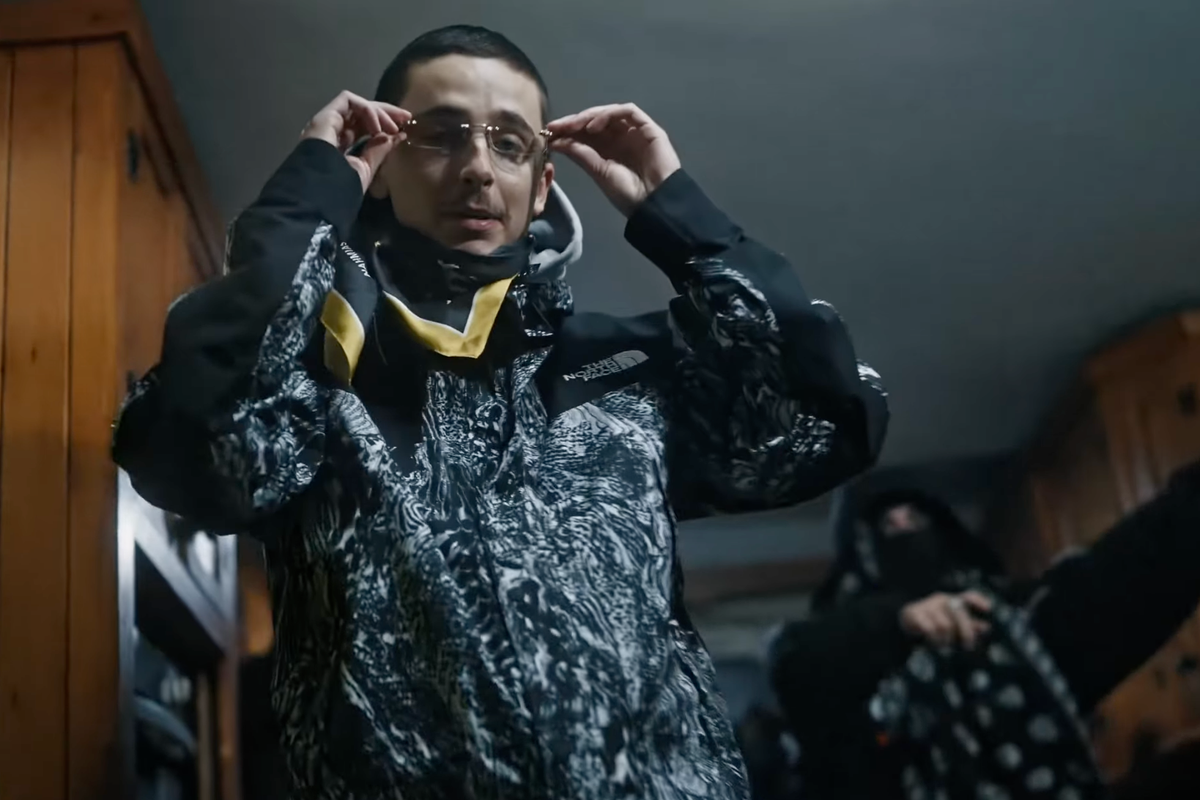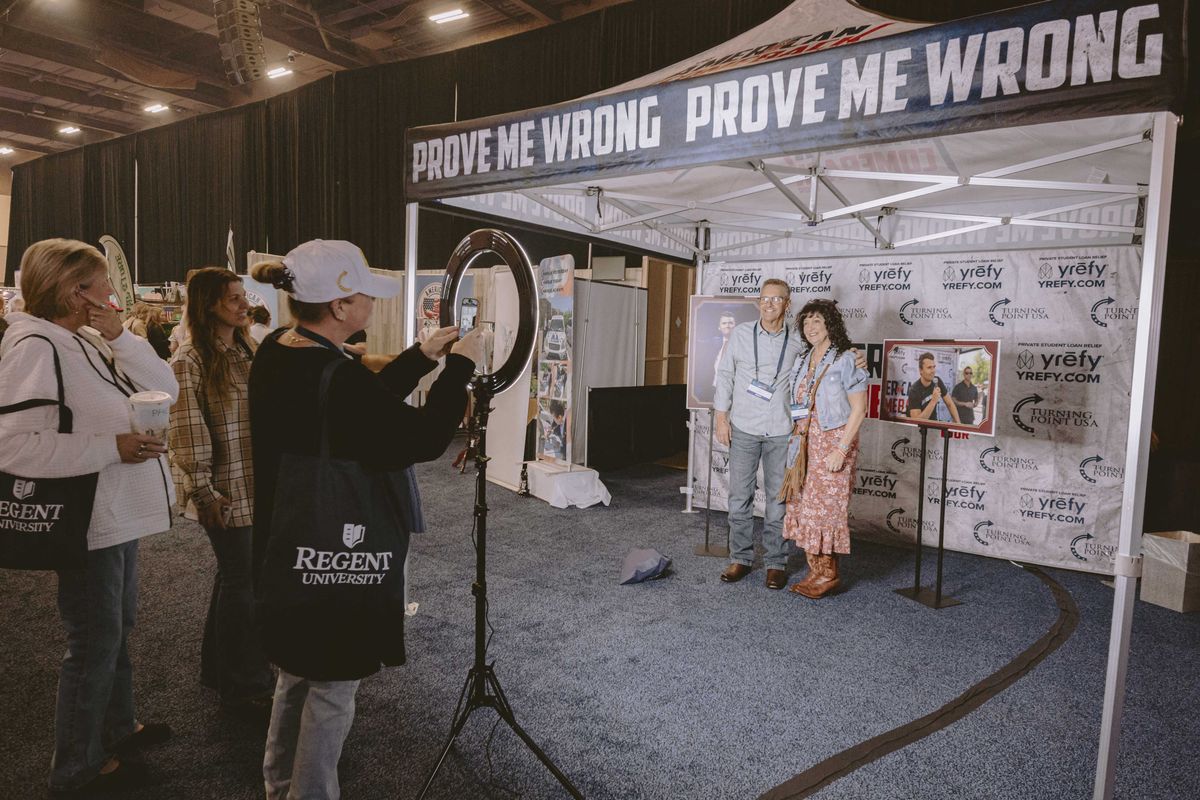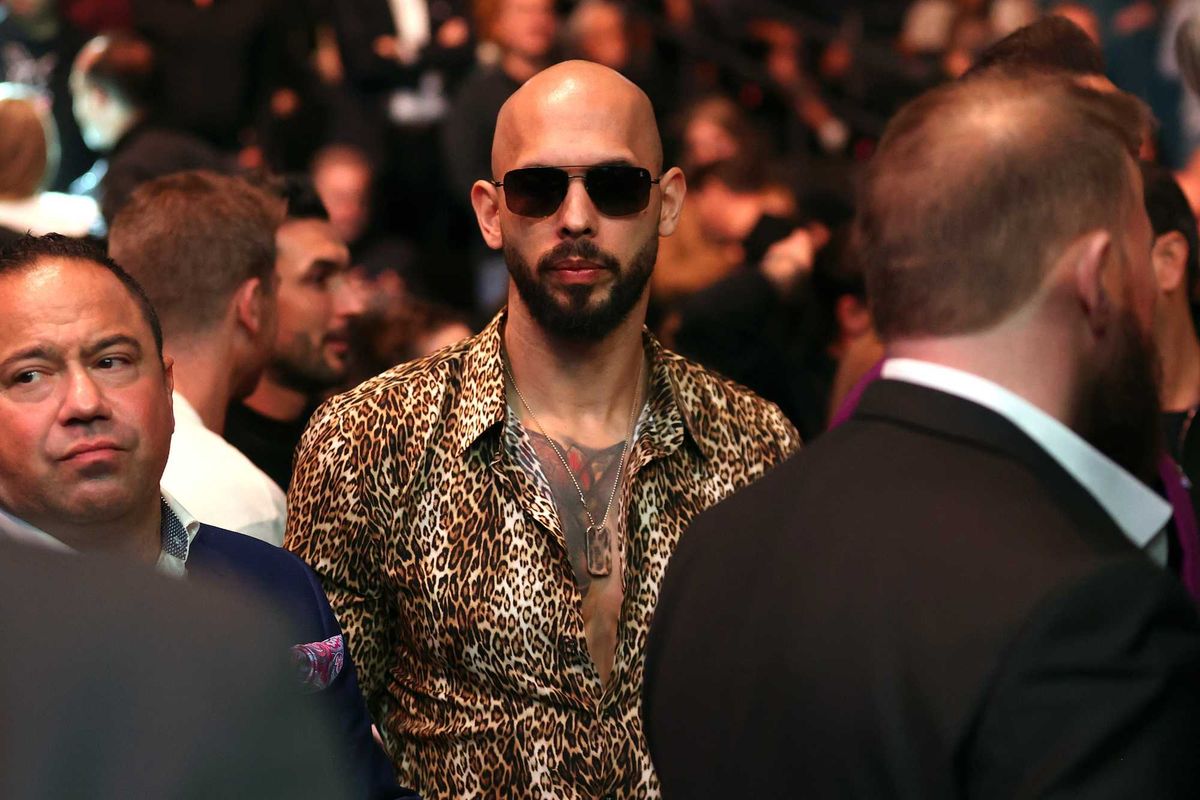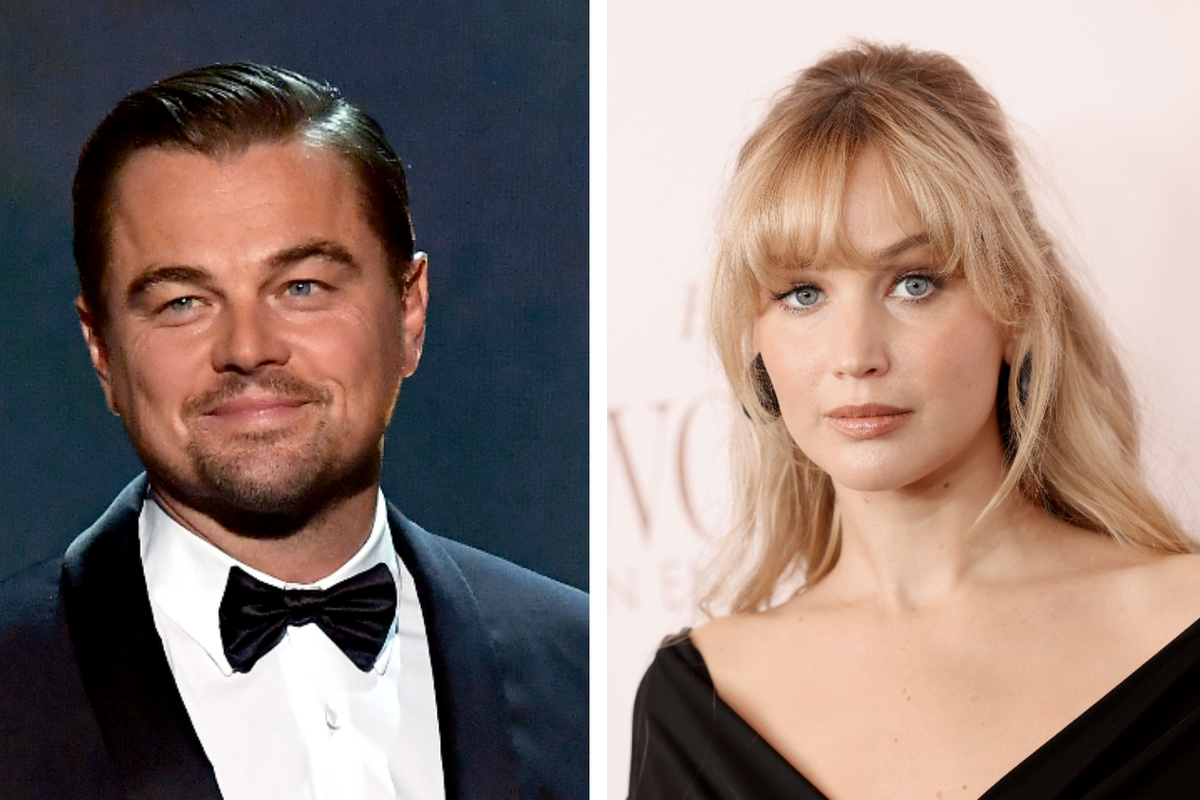News
Narjas Zatat
Jan 17, 2019
Comedian and host of The Daily Show, Trevor Noah, addressed the debate surrounding the casting of Bryan Cranston in the role of a disabled man in new movie The Upside.
The internet was filled with opinions surrounding representation, and whether or not Cranston's character should have been played by an actor in a wheelchair. During his latest show, Noah revealed:
I’m not going to lie, my first instinct immediately, I was like, ‘Are you being serious? Guys come on, man. We’re going too far now.'
They’re actors. Actors are going to act. If we get everyone to be the thing who is the thing to be the thing… then it’s not acting. Then it’s just the thing. It’s a documentary.
However, Noah revealed that a post on Twitter by an actor who was in a wheelchair changed his mind.
He wrote a really cogent, beautiful response online.
He completely opened my eyes to a perspective I never thought of. He said, ‘I understand what an actor is. I too am an actor. But I am an actor in a wheelchair and I never see parts that are leading roles for a person in a wheelchair.
‘And so the one time I see a role where there’s a person in a wheelchair, I think, wow, this could be it. This could be the moment where I have all of the tools necessary to play this part. Do I get a shot at playing it?’
And he was like, ‘When you think of it on the flip side, they never call people with wheelchairs in to play able-bodied people, and they’ll get able-bodied people to play people in wheelchairs.’
And I was like snap. I never thought of it like that, you know?
My perspective as someone who is not in a wheelchair, I just, I never thought of it that way.
Noah's words added to the discussion online about the film, and the limits (if there are any) to representation.
Some argued 'able-bodied' roles should be offered up to all actors, able or disabled bodies alike
Cranston fans argued he was the 'best actor' for the job.
While others pointed out the importance of seeing oneself represented in film.
As well as staying true to representation, which makes for a more authentic movie.
For example, in the Hollywood blockbuster thriller The Quiet Place, John Krasinski insisted that a deaf actress be cast as his deaf daughter, which led to 14-year-old Millicent Simmonds taking on the role.
Noah added: "It’s powerful because you don’t think about representation, you don’t think about how important it is for people to see themselves on screen.
That’s when you realise how powerful representation is.
More: Nigel Farage was asked why he took a private plane to France and his reaction says it all
More: Brexit has caused even more chaos and everyone is blaming David Cameron

Top 100
The Conversation (0)
